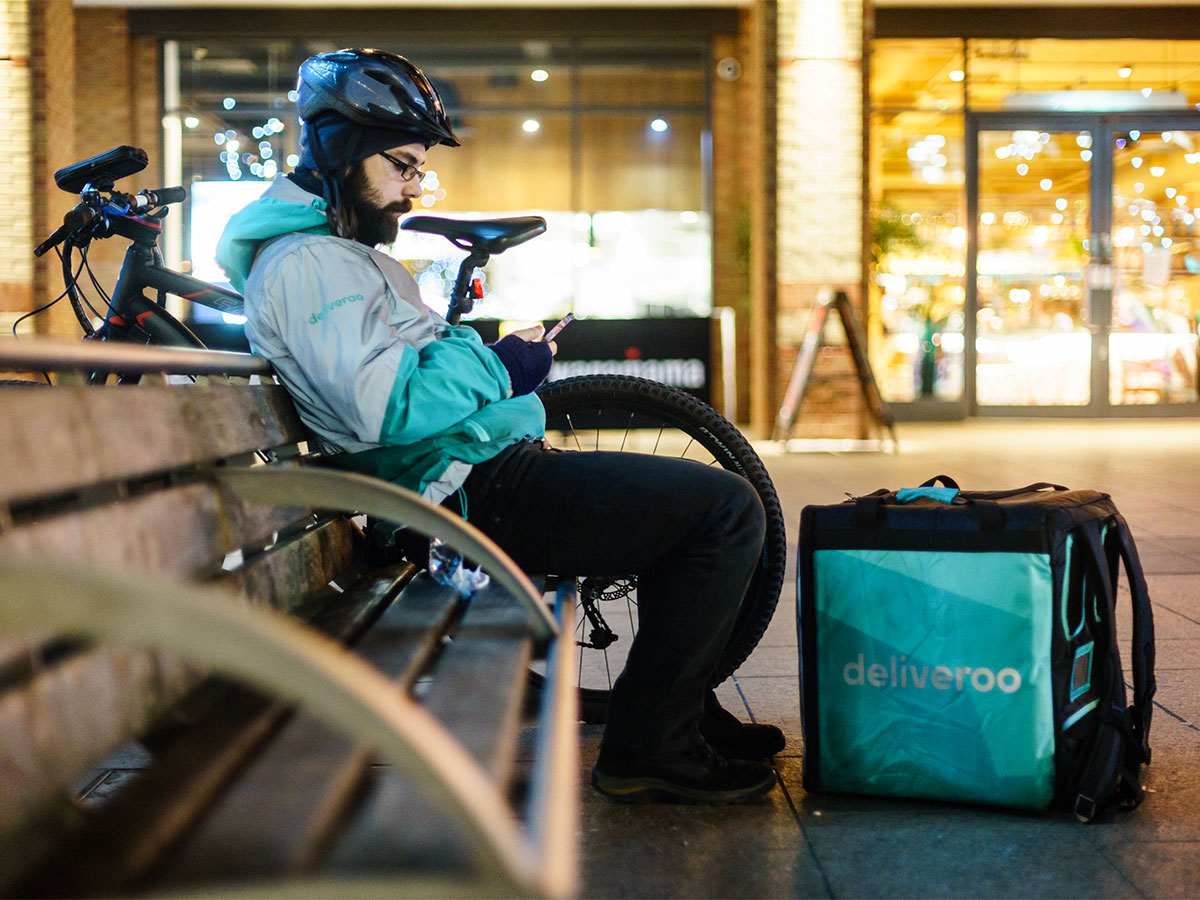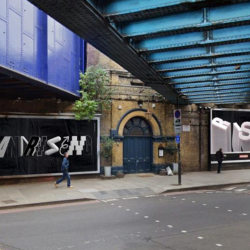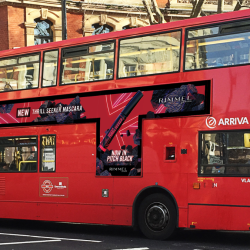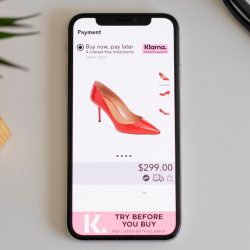It was not the float Deliveroo was dreaming of. After a disappointing IPO, which saw its share price drop by 30%, the opening up to public trading of the fast-growing delivery service was accompanied by strike action from some of its riders.
Like other tech companies working in the so-called ‘gig economy’, most notably Uber, the food delivery business has come across a massive barrier when it comes to how it treats staff.
The Independent Workers of Great Britain (IWGB), which called for the strike action, claims that riders can make as little as £2 per hour. The pay rate is kept low, it says, by riders not being paid for periods when they are waiting for their next order.
Deliveroo claims the riders taking industrial action today are only a small minority of its 50,000 UK staff. The BBC estimated fewer than 400 riders in London, Reading and Manchester were expected to take part in the action which calls for Deliveroo to offer sick pay and allow staff to collectively bargain on pay rates.
First day of public dealing
April 7th was the first time the general public were allowed to buy Deliveroo shares and the first morning’s trading saw a modest rise of 2%. At 290p, the end of the first morning’s trading saw the share price 100p below the original 390p price offered to institutional investors last week. The launch went so poorly that at one point the share price plummeted by 30%, before levelling off at a 15% drop.
The Amazon-backed start-up had previously been seen as a sure bet, but investors have made it clear they have very real concerns about Deliveroo’s working practices. The company has previously lost legal cases in The Netherlands and Spain which ruled its staff are not self-employed but rather classed as ‘workers’ and so deserve employee protection. An Italian case also found its algorithm offered fewer deliveries to riders who had been sick or taken strike action.
These rulings were reached before a landmark case in London this February signalled a warning to gig economy tech companies who believe they can treat drivers as self-employed. Uber lost its fourth and final appeal and must now offer its staff the full protection of worker status.
The Deliveroo float came just a month after this final Uber case. Against this backdrop of workers winning the right to work for at least the minimum wage and being paid sick and holiday pay, it is clear the shine has been taken off the appeal of gig economy tech company floatations.


































